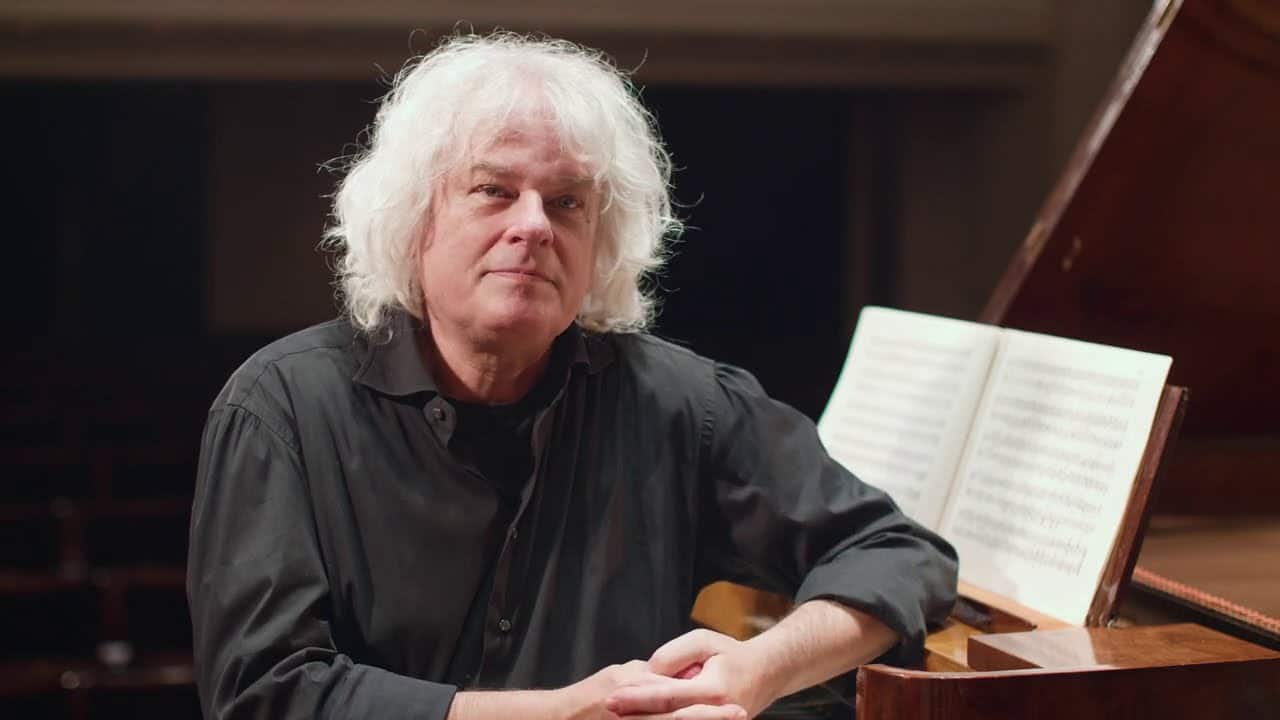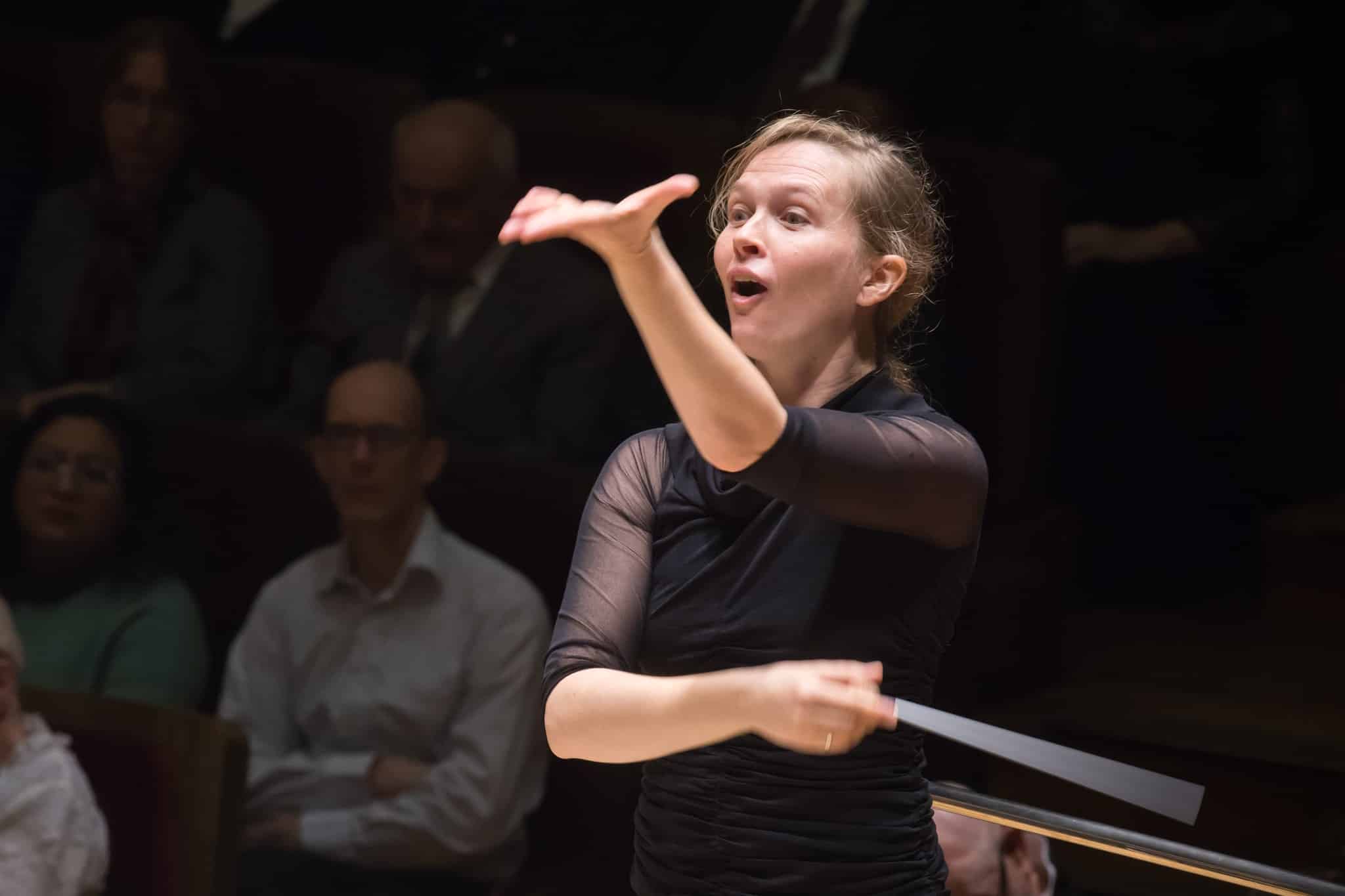From the golden age of period instrument ensembles
Daily Comfort ZoneSome treasurable Mozart from Ronald Brautigam and the Kölner Akademie.

Some treasurable Mozart from Ronald Brautigam and the Kölner Akademie.
The leading Mexican conductor Enrique Batiz died yesterday…

We hear that two string players in the…

Message from the Munich Philharmonic: This week we…

A long time ago I was advised that…

Session expired
Please log in again. The login page will open in a new tab. After logging in you can close it and return to this page.
Comments